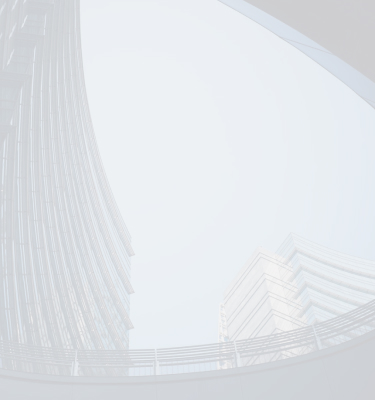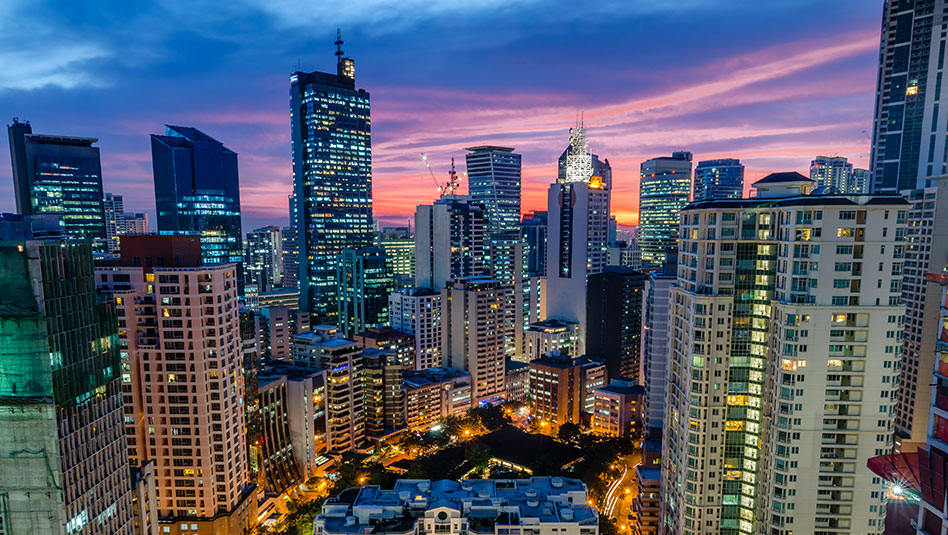Access this content:
If you are an existing investor, log in first to your Metrobank Wealth Manager account.
If you wish to start your wealth journey with us, click the “How To Sign Up” button.

Fundamental View
AS OF 17 Jun 2025Bank Mandiri (Mandiri) is the largest state-owned bank in Indonesia with 60% government ownership. We therefore expect a very high likelihood of government support in times of need.
Mandiri’s strength had been its large corporate loan portfolio, which has allowed the bank to book lower credit costs compared to its peers over the pandemic. Mandiri is well capitalised in line with the other Indonesian banks that have relatively high CET1 ratios in the region, though we expect this to be reduced by higher dividend payouts over time.
Business Description
AS OF 17 Jun 2025- Bank Mandiri was established as a result of the mergers of four state-owned banks, Bank Bumi Daya, Bank Dagang Negara, Bank Ekspor Impor Indonesia, and Bank Pembangunan Indonesia, in the late 1990s. The bank was first listed in Indonesia Stock Exchange in 2003.
- The Indonesian government holds a 60% stake in the bank. Foreign investors have a 32% shareholding while domestic investors have another 8%.
- Corporates accounted for 36% of total loans, consumer for 7%, micro & payroll for 12%, SME for 5%, commercial for 18% and subsidiaries 22% at March 2025.
Risk & Catalysts
AS OF 17 Jun 2025Funding cost pressure from the tight liquidity environment remains a headwind, so NIM and loan growth will hence be a challenge this year.
While Indonesia’s growth is projected at a reasonable ~5% in 2025 and could pickup over the medium term under the Prabowo administration, shifting macro sentiment towards Indonesia over growth slowdown, weak state finances and policy uncertainty under the Prabowo administration could weigh on spreads.
We see governance risks as increased with the move of SOE banks including Mandiri to Danantara; we expect the payout of higher dividends to fund policies of the current administration. However, we are comfortable with the CET1 ratio dropping over time to the 14-16% range of other APAC banks.
Asset quality has trended better than peers due to its loan book and growth focus being predominantly on large corporates. We see the probability of more state directed lending to projects that may not be the most commercially viable, but the effects would take a few years to play out.
Key Metric
AS OF 17 Jun 2025| IDR bn | FY21 | FY22 | FY23 | FY24 | 1Q25 |
|---|---|---|---|---|---|
| PPP ROA | 3.5% | 3.9% | 4.1% | 3.8% | 3.6% |
| ROA | 1.7% | 2.2% | 2.6% | 2.4% | 2.2% |
| ROE | 14.2% | 19.0% | 22.4% | 20.5% | 19.6% |
| Equity/Assets | 11.9% | 11.5% | 12.0% | 11.7% | 10.3% |
| CET1 Ratio | 18.4% | 18.6% | 20.8% | 19.6% | 17.3% |
| NPL Ratio | 2.72% | 1.92% | 1.19% | 1.12% | 1.17% |
| Provisions/Average Loans | 1.98% | 1.41% | 0.79% | 0.77% | 0.87% |
| LDR | 81% | 81% | 89% | 98% | 96% |
CreditSight View Comment
AS OF 26 Jun 2025Mandiri is the biggest bank in Indonesia by assets and is 60% government owned. It has weathered the pandemic relatively well as more than 1/3 of the bank’s loan book consists of large corporates, which is a strength in a volatile market, but it is turning to more balanced growth across segments in FY25. Funding cost pressure from the tight liquidity environment remains a headwind and loan growth will hence be a challenge this year. However, fundamentals remain sound; we like Mandiri because of its more resilient asset quality than peers, strong capital and overall healthy profitability. We expect higher dividend payouts to reduce capital ratios over time but are comfortable with a 14-16% CET1 ratio. We move Mandiri back to M/P from O/P following the sharp tightening in senior spreads.
Recommendation Reviewed: June 26, 2025
Recommendation Changed: June 26, 2025
Who We Recommend
Sultanate of Oman

Korea Electric Power Corp.

Korea Gas Corp.










 DOWNLOAD
DOWNLOAD



